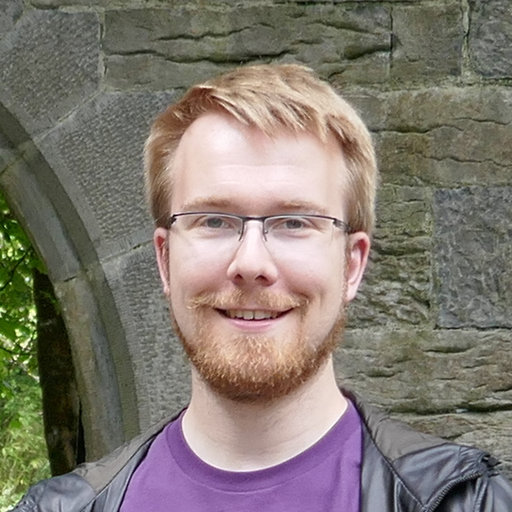Dr Andreas Sander is currently a Postdoc at the Armagh Observatory and Planetarium (AOP), UK
He previously did his PhD and Postdoc work at the University of Potsdam in Germany and as part of his work he has been allocated telescope time on the HST, CHANDRA, VLT, P200, KECK and JCMT telescopes!
The talk synopsis is as follows……
Rare but important: Why the Universe is shaped by massive stars
Massive stars are quite different than our own Sun. They are rare in numbers, their life is short and their death can be quite dramatic. But these stars, which are more than ten times more massive than our Sun, are driving the evolution of our Universe. Their extreme conditions allow them to breed and distribute heavier elements. Only due to previous generations of massive stars, we now have the elements here on Earth that allow our very own existence. Massive stars also shape their environment, illuminating fascinating nebulae that can become birthplaces for the next generation of stars, and provide the radiation that makes the Universe transparent. Eventually, massive stars collapse into black holes, making them the progenitors of the Gravitational Wave events we are finally able to measure.
But how do we know about the properties and the impact of massive stars? To only way to study stars that are further away than our own Sun is to analyse their light. For massive stars, this is particularly challenging. Requiring detailed computer models, we are only at the beginning of a time, where we can put many puzzling pieces of information together in order to get a glimpse of the bigger picture. My talk will give an outline of the role and the impact of massive stars and the challenge to understand their properties and evolution. I will explain the basic concepts of massive star evolution and highlight the role of the enigmatic Wolf-Rayet stars, which mark a crucial stage on the road to massive black holes.
Doors open about 7.15pm. There is free parking available on the campus in the evenings. Admission Free, including light refreshments. We are located in the Bell Theatre, Department of Mathematics and Physics, QUB – Details here….. With thanks to the Astrophysics Research Centre, QUB, for assistance with this event.
Bell Lecture Theatre, Physics Building , QUB, 7.30pm
All welcome. Free admission, including light refreshments.

